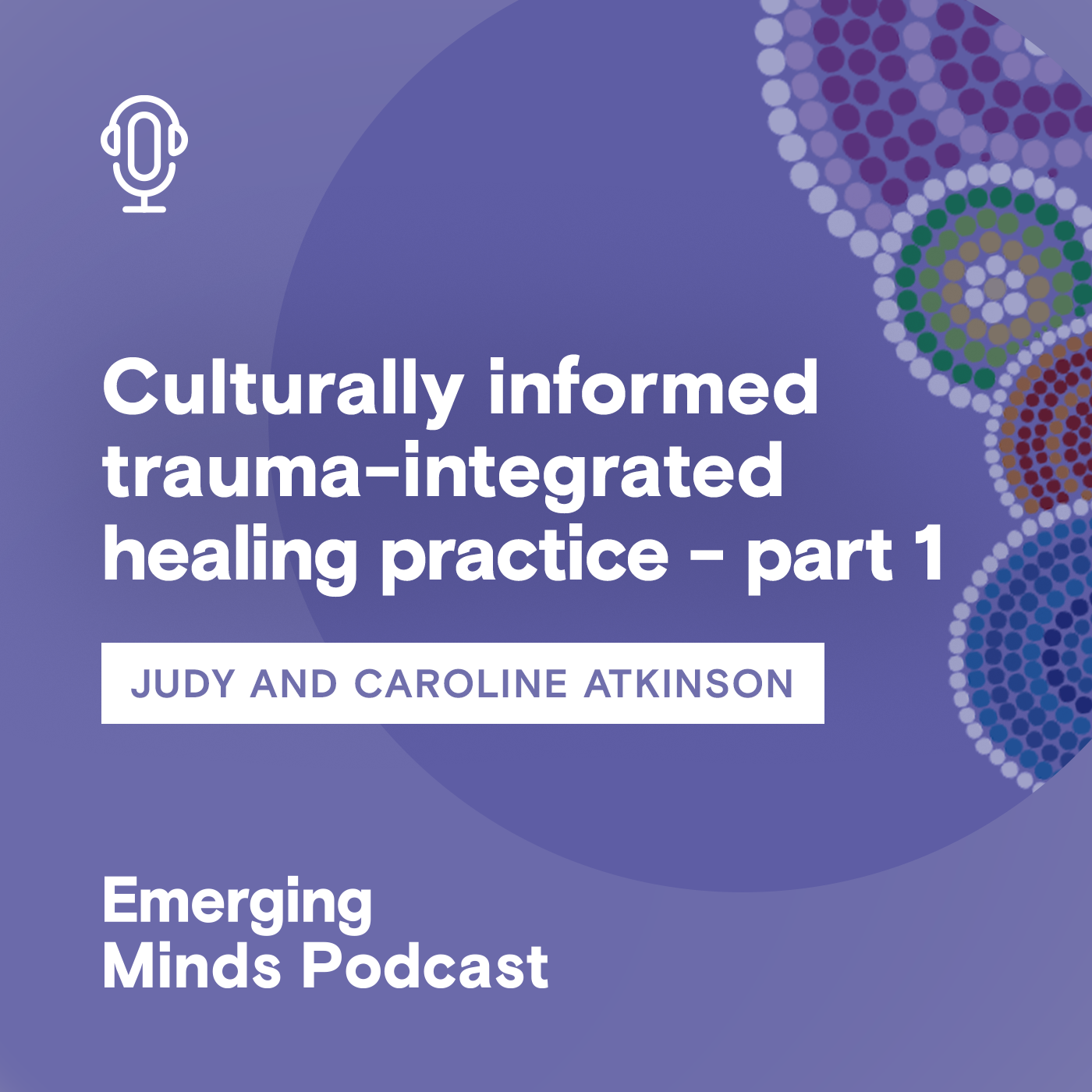

National Partnership for Action to End Health Disparities Toolkit for Community Action (PDF) U.S.Culturally-based practices are culturally-rooted customs, behaviors, values, and beliefs passed down through generations that function as “informal systems of support.” These culturally-based practices form part of a socially dynamic framework of assistance provided by and to individuals by their families, friends, and communities.Ī culturally-based practice relies on intergenerational knowledge-sharing of customs, ancestral history and heritage, traditional practices, and relationship structures that function as key elements which provide comfort, security, trust, and healing for the individual and the broader community.Writing that is clear, to the point, helps to improve communication and takes less time to read and understand.


The degree to which individuals can obtain, process, and understand basic health information and services necessary to make appropriate health decisions.
#CULTURALLY INFORM DEFINITION HOW TO#
How to define key termsĪttitudes and behaviors, which are characteristic of a group or community.Ī set of similar behaviors, attitudes, and policies that come together in a system, agency, or among professionals that enables effective work in cross-cultural situations. Suggested approaches for grant proposals, progress reports, and site visits to document these efforts or progress over time. Maternal & Child Healthĭocumenting the Implementation of Cultural and Linguistic Competence: A Guide for Maternal and Child Health Bureau Funded Training Programs (PDF - 139 KB) This is particularly true when they are members of historically disenfranchised communities and populations such as people of color, gay men, women, and substance users. It assists community health centers to advance and sustain cultural and linguistic competence.Ĭulturally competent service providers are crucial to recruiting and retaining people living with HIV/AIDS into primary care. The National Center for Cultural Competence (NCCC) developed the CLCPA at HRSA's request. Cultural and Linguistic Competence Policy Assessment (CLCPA).The Center works to increase the capacity of health care programs to design, implement, and evaluate culturally and linguistically competent service delivery systems that address growing diversity, persistent disparities, and to promote health and mental health equity. The National Center for Cultural Competence.To improve individual health and build healthy communities, health care providers need to recognize and address the unique culture, language and health literacy of diverse consumers and communities. Performance Measurement & Quality ImprovementĮffective health communication is as important to health care as clinical skill.Training & Technical Assistance Overview.


 0 kommentar(er)
0 kommentar(er)
